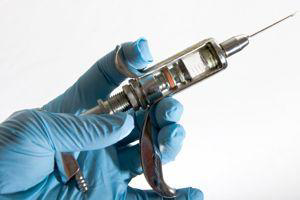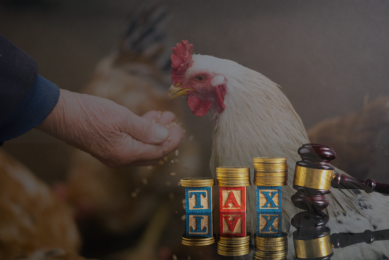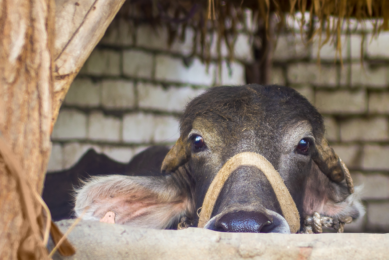Ireland to develop new animal doping test

Scientists at Queen’s University Belfast and the Irish Equine Centre are to develop a new way to test for illegal drugs used in horses and cattle.
It will be the first animal doping test to work by detecting and monitoring the known biological effects of a banned substance, rather than the presence of the substance itself. It also has the potential to revolutionise animal drug testing by enabling the screening of large numbers of animals more quickly and efficiently than is currently possible.
Scientists at Queen’s Institute for Global Food Security will work with the Irish Equine Centre, and partners across Europe, to develop the test for banned growth promoters, hormones and antibiotics used on animals destined for the food chain and those involved in sport.
Dr Mark Mooney from the Institute for Global Food Security is leading Queen’s involvement in the EU funded DeTECH21 project. He said: “Current testing methods focus on detecting the presence of illegal substances in animals. These tests are expensive, time consuming and have failed to keep pace with black market developments in producing, distributing and administering banned substances. The danger is that these substances go undetected and find their way into the food chain. The new test will help mitigate that risk.
“We are developing an entirely new approach based on monitoring the physiological effects of banned drugs, rather than directly detecting the presence of those drugs. By identifying the unique biochemical fingerprints that banned substances leave behind in an illicitly treated animal’s blood or urine, we will be able to quickly identify horses or cattle that have been treated with an illegal drug.
“This has the potential to enable more efficient screening of larger numbers of animals than is currently possible. Any animal in which the biological response of a banned substance is detected would then be singled-out for further tests to identify exactly which illicit substances are present.”
Source: Queen’s Institute for Global Food Security











